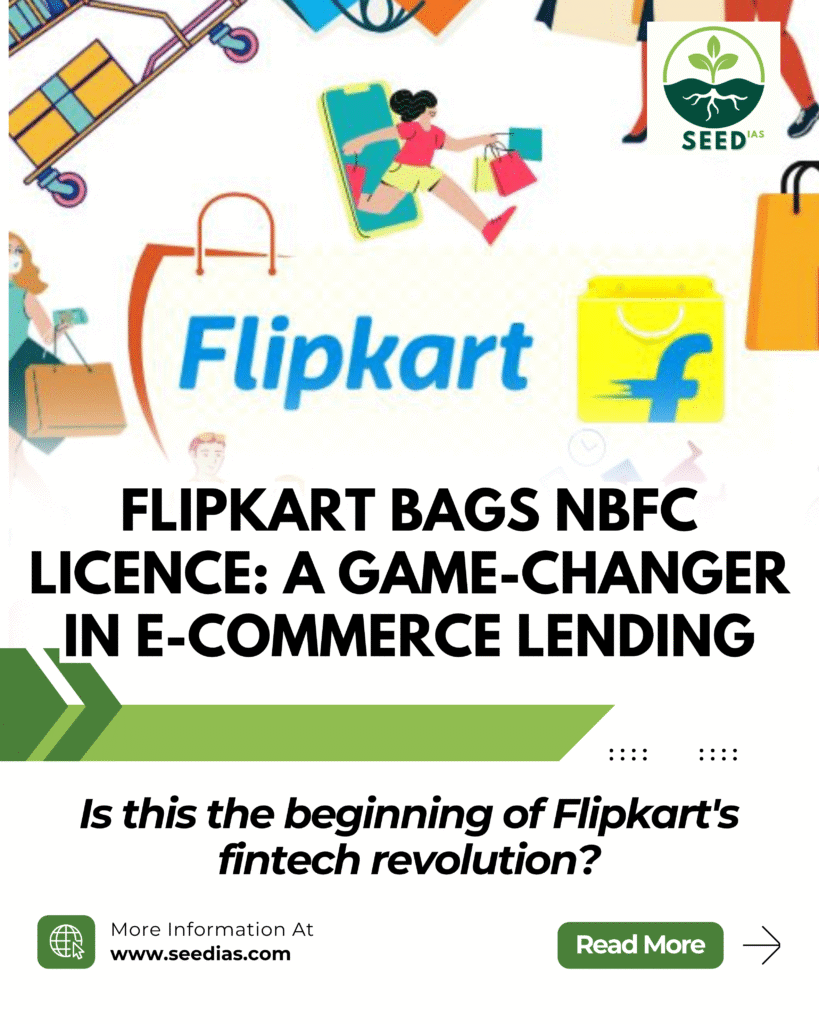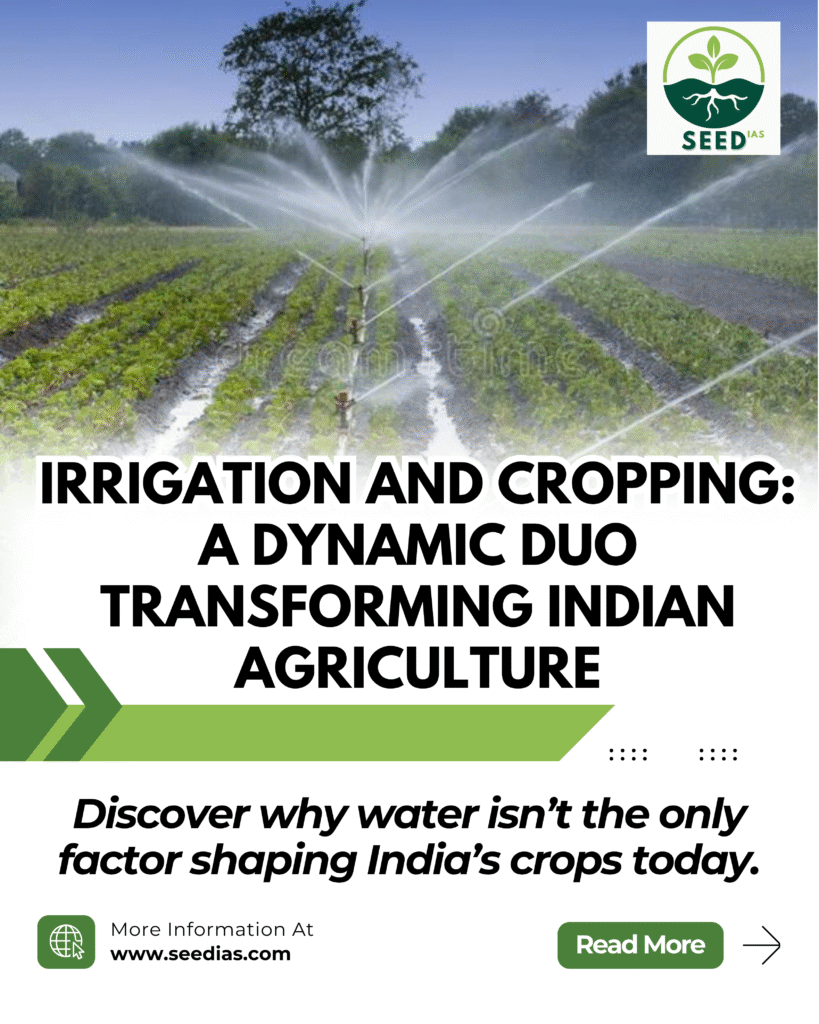Why in News?
The pharmaceutical industry is evolving rapidly with biologics, AI, and automation driving changes in drug development and manufacturing. To stay competitive globally, India must foster specialized skills in these technologies and address key challenges like regulatory compliance, infrastructure, and innovation capacity.
Key Technologies Shaping the Pharmaceutical Industry
| Technology | Description | Indian Context |
|---|---|---|
| Artificial Intelligence (AI) & Machine Learning (ML) | Accelerates drug discovery, repurposing, and personalized treatment | Sun Pharma and Dr. Reddy’s use AI to target diseases like TB and diabetes; DRDO’s CAIR develops pharma-relevant AI |
| Generative AI & LLMs | Improves clinical trial design, drug efficacy analysis | Enhances biological data interpretation |
| Internet of Medical Things (IoMT) | Enables real-time monitoring and decentralized clinical trials | IoT-based packaging for compliance and quality assurance |
| Blockchain | Ensures transparency, privacy, traceability in supply chains | IIT Madras developed ‘BlockTrack’ for secure health data exchange |
| Biologics & Biosimilars | Advanced therapies including vaccines, monoclonal antibodies, and insulin alternatives | Biocon is a major Indian player in biosimilars |
| Digital Twin Technology | Virtual simulations to optimize pharmaceutical manufacturing | Boosts operational efficiency and reduces downtime |
State of India’s Pharmaceutical Industry
| Aspect | Details |
|---|---|
| Global Position | 3rd by volume, 14th by value |
| Export Share | 50% of global vaccine demand; 40% of US generic drugs |
| FY 2023-24 Market Size | USD 50 billion (1.72% of GDP) |
| Projections | USD 130 billion by 2030 |
| Biotech Sector | USD 137 billion in 2022, expected to reach USD 300 billion by 2030 |
| Key Segments | Generics (20% of global demand), APIs (500+ types, 8% global market), Medical Devices (USD 11B to USD 50B by 2030) |
| Growth Drivers | Affordable pricing, PLI scheme, strong R&D (64,480 patent filings in 2023) |
Challenges in Adopting New Technologies
| Challenge | Explanation |
|---|---|
| Data Privacy & Cybersecurity | Risks from increased use of AI, cloud, and big data |
| High Cost of Adoption | Infrastructure and skilled manpower remain expensive for SMEs |
| Regulatory Delays | Lack of adaptive, globally harmonized norms |
| Skill Shortage | Deficit in data science, robotics, and bioinformatics talent |
| Ethical & Equity Concerns | Issues in gene editing, AI diagnostics, and access to personalized medicine |
Measures for Responsible Tech Integration
| Solution | Action |
|---|---|
| Adaptive Regulations | Enable faster, safer approvals with evolving technology |
| Data Security & Ethical AI | Use blockchain, encryption, and fairness-driven AI models under the Digital Data Protection Act, 2023 |
| Skilling Programs | Promote public-private-academic partnerships for digital education |
| Ethical Oversight | Institutionalize trial transparency, public participation, and ethics panels |
| Collaborative Innovation | PPPs and open-source platforms to accelerate inclusive R&D |
Conclusion
Bridging the skill gap in emerging technologies like AI, biotechnology, and automation is crucial for sustaining India’s leadership in the pharmaceutical sector. Strengthening these capabilities will not only enhance drug discovery and manufacturing but also ensure India’s competitiveness in the global pharma landscape amid rapid technological transformation.
Prelims Questions
- Which of the following technologies is used to simulate pharmaceutical manufacturing processes virtually?
a) IoMT
b) Blockchain
c) Digital Twin Technology
d) Generative AI
Answer: c) - Consider the following statements regarding Biologics:
- They are chemically synthesized small-molecule drugs.
- Biosimilars are exact copies of biologics with the same molecular structure.
Which of the statements is/are correct?
a) 1 only
b) 2 only
c) Both 1 and 2
d) Neither 1 nor 2
Answer: d)
- ‘BlockTrack’ developed by IIT Madras is related to:
a) AI-based disease diagnostics
b) Blockchain for medical data exchange
c) Real-time drug tracking using GPS
d) IoT-enabled drug packaging
Answer: b)
Mains Question
Discuss how emerging technologies like Artificial Intelligence, Blockchain, and Biologics are transforming the pharmaceutical industry in India. Highlight the key challenges and suggest policy measures for their responsible adoption.







